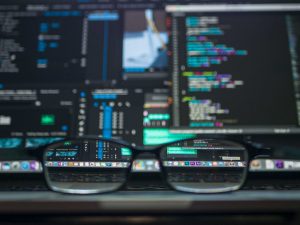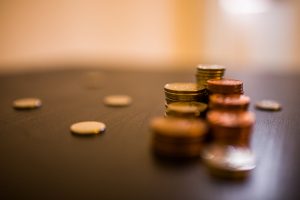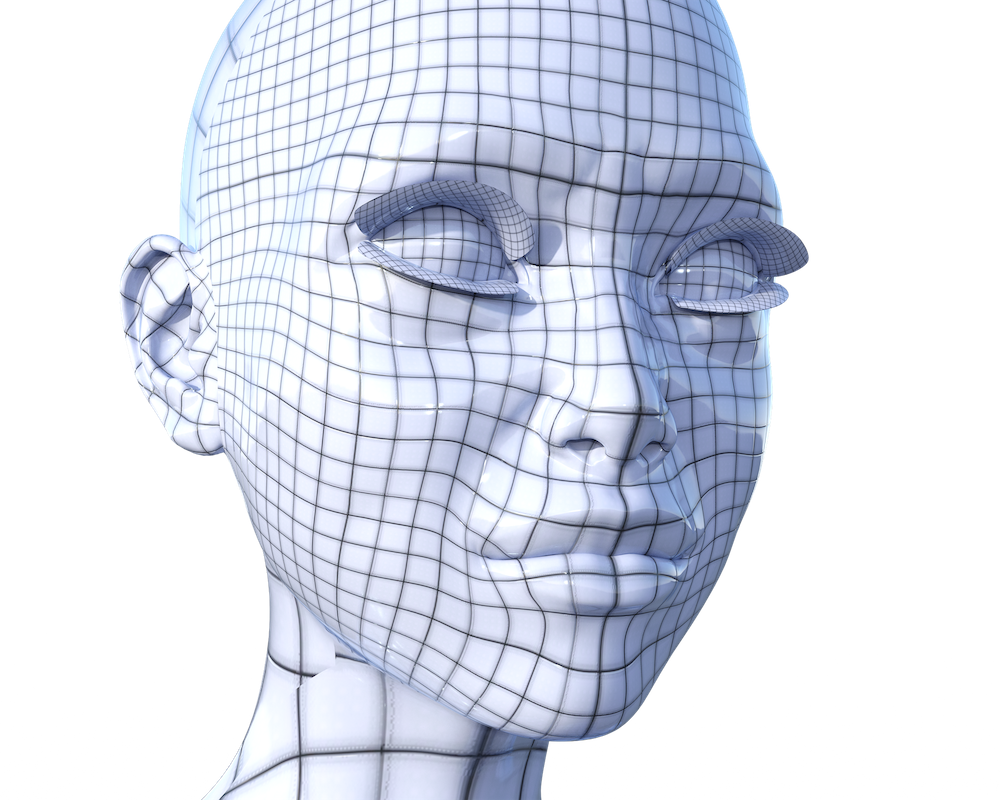The dispersed ledger technologies, widely known as Blockchain, has the capability to remove enormous quantities of record-keeping, save money and interrupt IT in a way not seen since the introduction of the internet.

What’s blockchain?
First of All, Blockchain is a public digital ledger – like a relational database – which may be openly shared among different consumers which generate an unchangeable listing of the trades, every one is time-stamped and connected into the preceding one. Every digital document or trade in the ribbon is known as a block (thus the title), also it permits either an open or controlled group of consumers to take part in the digital ledger. Each block is related to a particular participant.
Blockchain is operated through the permission of the participants from the machine, and if new information is entered, it may not be deleted. The blockchain includes a true and accurate record of each and every trade ever made in the computer system.
While it has huge potential, blockchain technology is in its developing stages and CIO’s and their business counterparts must be aware of possible bumps and reverses in introducing its technologies including the likelihood of critical bugs in the program.
By way of Example, among the most widespread blockchain platforms, Ethereum, does not encourage the use of decimal points in its own script to get clever (self-executing) contracts. Those coding a blockchain system would have to come up with a way to work around this annoying glitch.
While some business groups are working toward standardizing variations of blockchain, in addition, there are approximately 200 start-ups working in their own variations of their dispersed ledger technology.

Why is blockchain now generating a lot of hype? Because of Bitcoin. Bitcoin is the highly talked about cryptocurrency, a way of making payments within a network that uses digital pieces and encryption. It had been the first ever decentralized one when it was made in 2009. Other kinds of cryptocurrency or digital currency, for example Ether, also have sprung up and have started new places for cross-border financial exchanges.
What exactly does blockchain do?
Blockchain databases are a peer-to-peer community incorporating the time-stamping server, blockchain can be used to transfer data between separate parties without the need to use an administrator. Customers will be the secretary without an intermediary.
Furthermore, blockchain networks may be used to get “smart contracts,” or scripts which automatically execute when specific conditions are satisfied. By way of instance, consumers of Ethereum’s Ether exchange has to fulfill pre-determined requirements that prove somebody possesses the cryptocurrency and possess jurisdiction to deliver the money that they claim to get. Additionally, multiple blockchain users may create contracts which need more than 1 pair of inputs to activate a trade.
